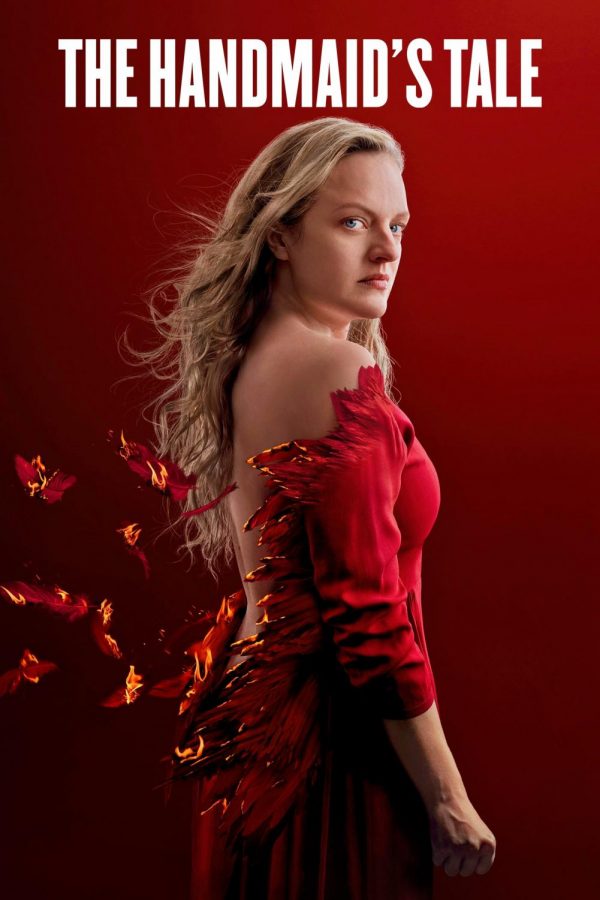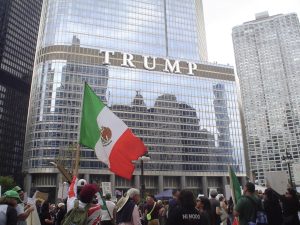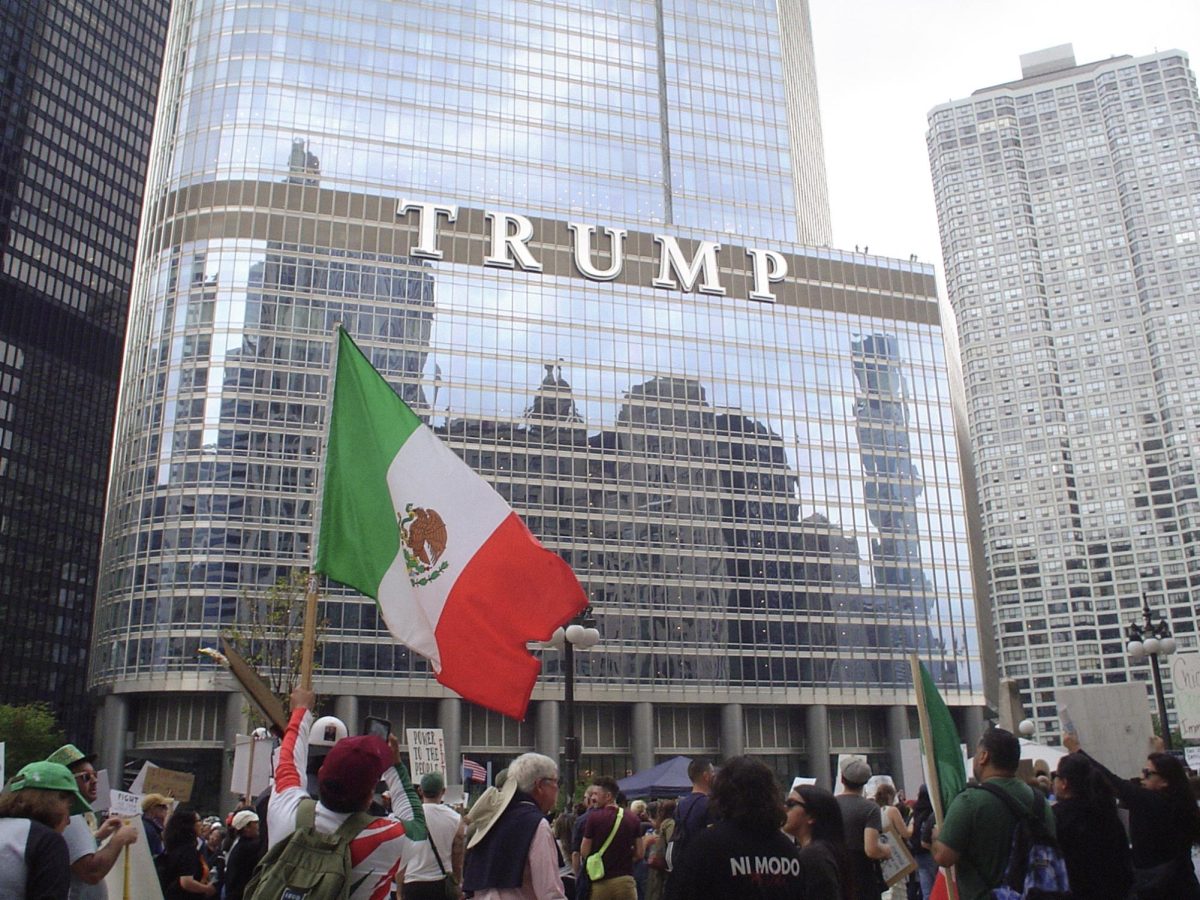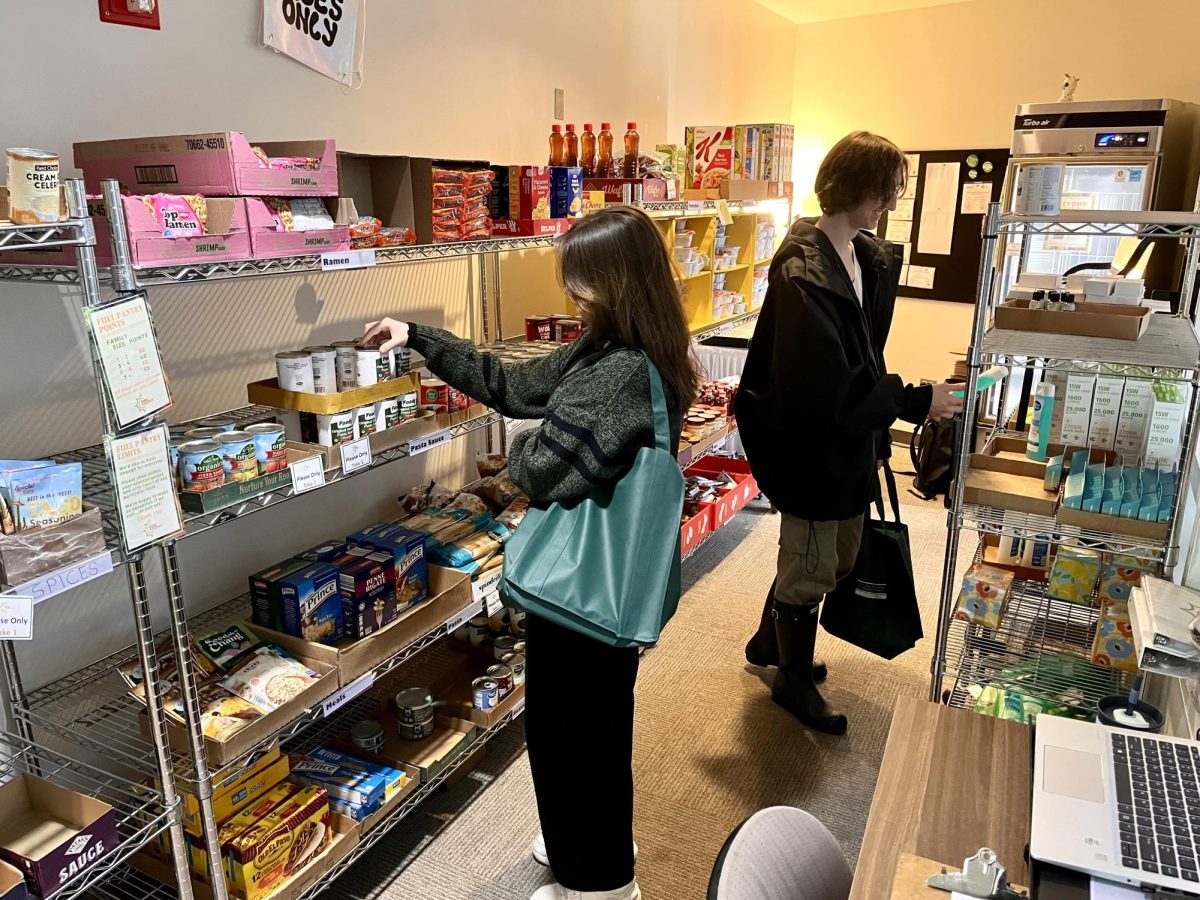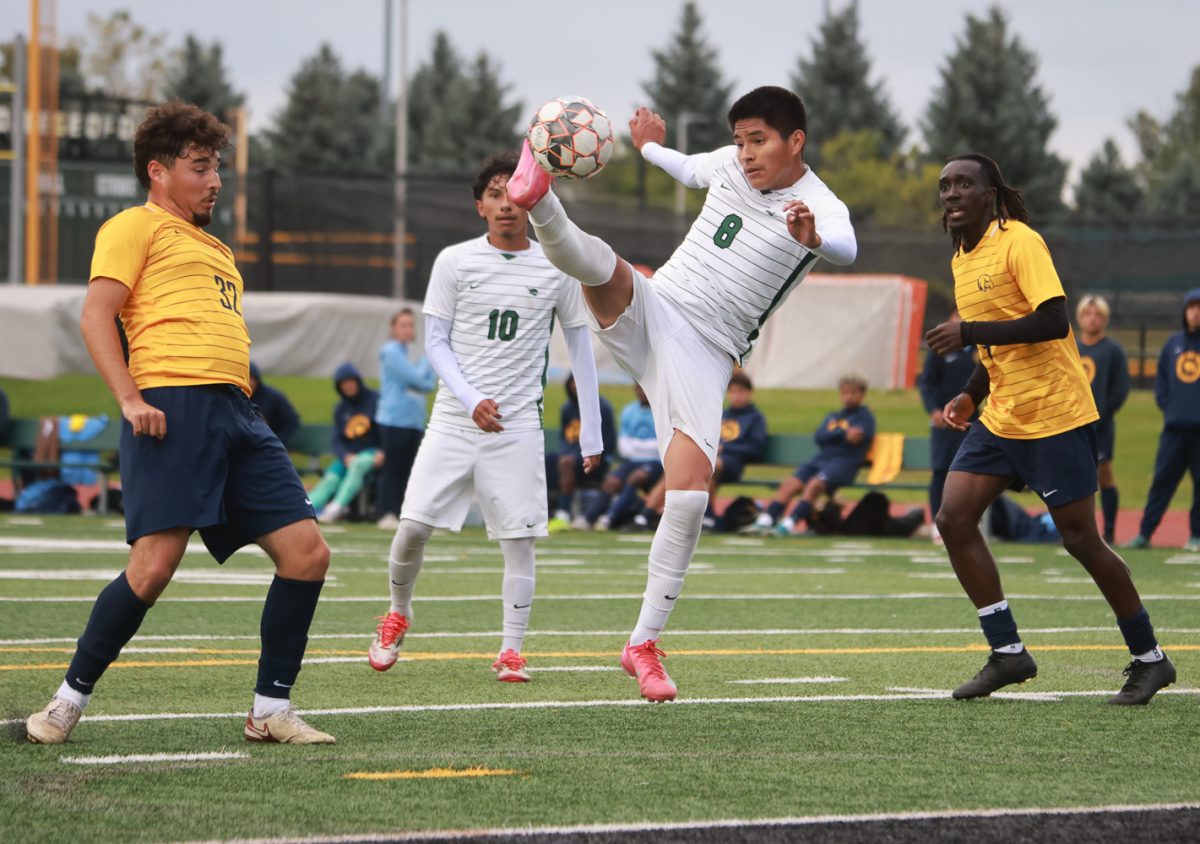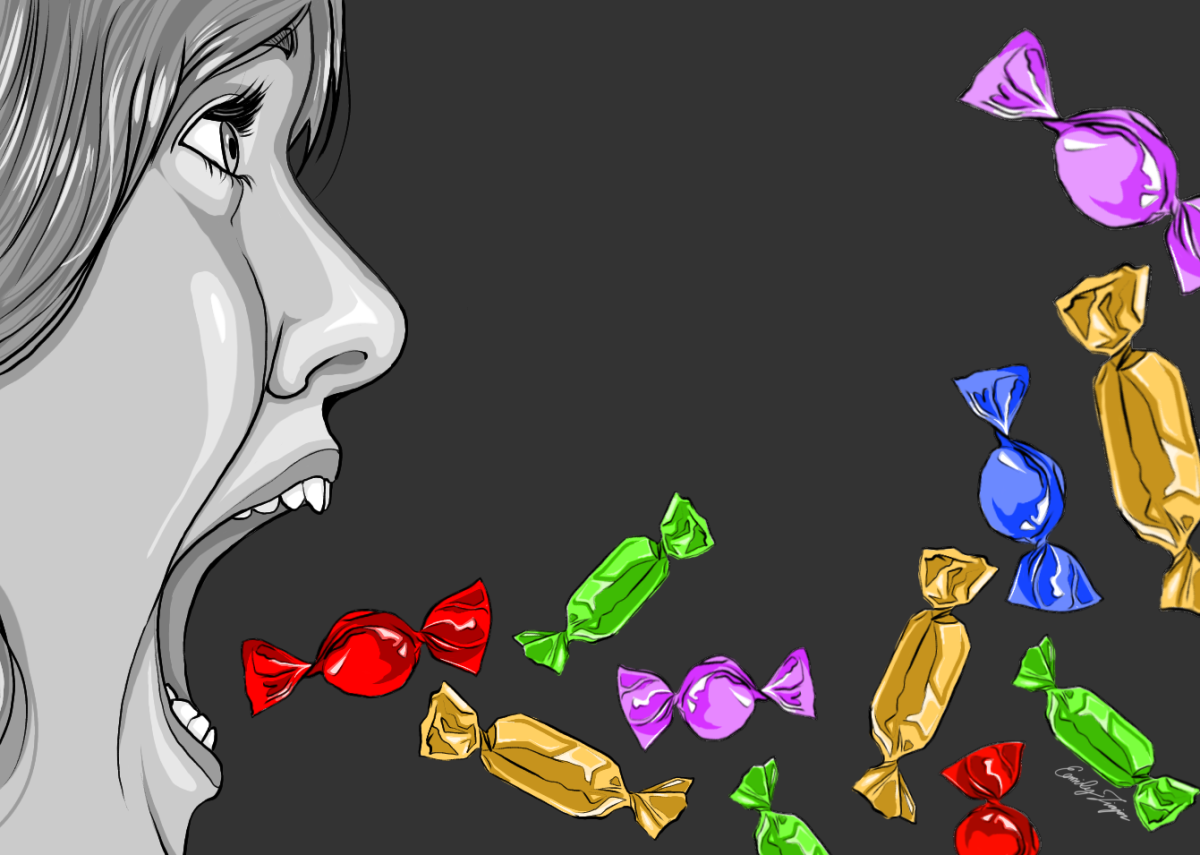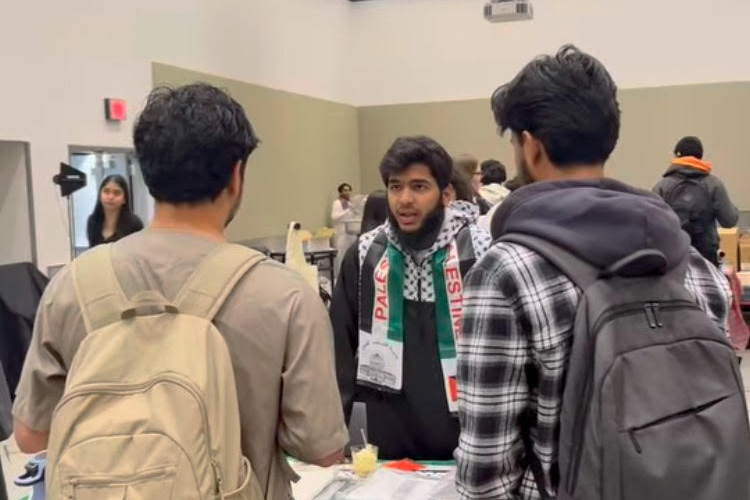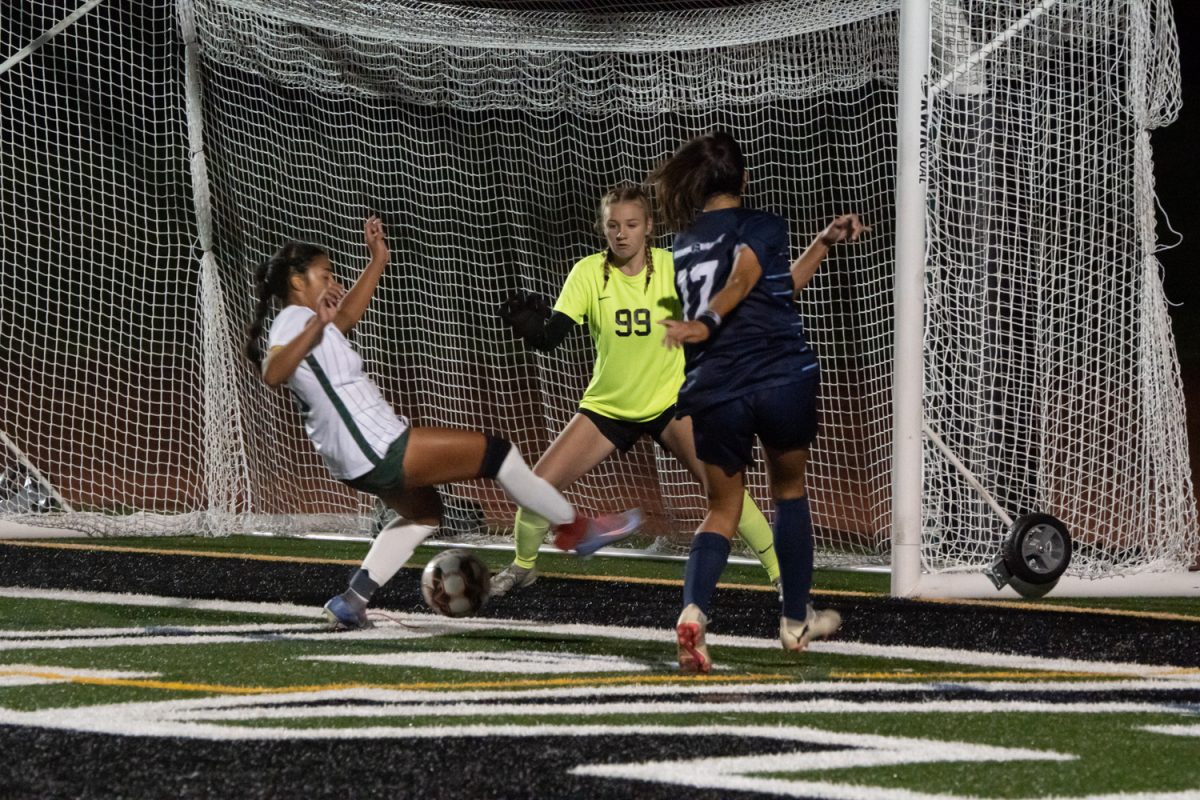The Handmaid’s Tale Season 4 Review — What It Says About Current Society
September 6, 2021
On Sunday, June 20th, Hulu released its fourth installation of “The Handmaid’s Tale.” Spoilers ahead! The fourth season of the Handmaid’s Tale was dismal, but still had me asking more questions.
I honestly felt bad for Mrs. Keys. It wasn’t her fault she was put into her current situation, considering how young she is. But I also still think June is a bad influence on her and on many other characters. As much as she rebels and does things to survive, she always ends up getting someone killed. At this point in the series, at least 12 people have died in association with June. I don’t know why people keep helping her at this point. I felt June was teaching Mrs. Keys the wrong way to handle her situation. Especially engaging in actions that would get Mrs. Keys executed in Gilead. Mrs. Keys needs a therapist, not advice from June.
I won’t lie. The first four seasons of “The Handmaid’s Tale” have left me scared and frightened. What makes the show so petrifying yet addictive is how the themes correlate to both history and the present. When watching the show in its entirety, viewers can be thankful they don’t live in the fictional world of Gilead. But the trials and tribulations that the handmaids and other members of Gilead encounter are similar to the suffering other people endure globally today.
Not every viewer of “The Handmaid’s Tale” agrees with Atwood’s depiction of a dystopian future, as it erases the plights of BIPOC (Black, Indigenous, and People of Color), who have been historically marginalized, and only highlights feminism. There are plenty of BIPOC characters in the TV series like Moria and Luke. But their race was set aside to follow a feminist storyline. Moria would have a different experience being a handmaid compared to June. And because of this, I feel that a big gap was left in the story-building process.
The story feels unfinished since Atwood addresses issues such as climate change, gender, class and sexuality but not race. Race doesn’t play an underlying function in Gilead, yet it’s a glaring issue that affects people in modern times. I liked Moria and Junes’ friendship throughout the series. But I felt that Moria would have had a harder time getting out of Gilead, because she is black, a member of the LGBTQ community, and a woman.
Like the struggles of BIPOC, the lack of women’s rights is another issue Atwood depicts in her story that correlates to modern society. In fictional Gilead, as in Saudi Arabia today, women’s rights are severely restricted. They aren’t allowed to read, write, own property or leave home without permission. Punishment includes public hanging, drowning, stoning and body mutilation. Women who have children out of wedlock are beaten and can be imprisoned. Abortion and contraception are banned. What scares me the most is how “The Handmaid’s Tale” was able to depict future world events. More recently, Texas passed a new abortion law prohibiting women from getting an abortion after six weeks of pregnancy. Women seeking an abortion after six weeks can be criminally charged. People who help women obtain abortions will be charged for breaking the law as well, including ride-share drivers.
I think Atwood does a great job with storytelling and effectively getting her messages across to her audience. But I can see where many women felt that their voices were not heard. Atwood writes this chronicle as a warning to Western society, but the narratives portrayed in “The Handmaid’s Tale” are a direct result of the social and racial tensions gripping the world today. And when viewers look back at former seasons, some experience a vivid sense of déjà vu due to the horrid realism it portrays about the current state of our society.
“The Handmaid’s Tale” does a great job at putting forth the message, “If we don’t learn from history, we are doomed to repeat it.” And by having these plot-lines correlate to future events, it shows a lot about how our current society corporates.
The thought of “The Handmaid’s Tale” is a complete nightmare. But I’m glad viewers and readers are using this show to draw critical comparisons to today’s world. By having these thoughtful discussions with each other, we may be better able to see past our biases, notice negative trends happening in our society, and call them out. Shows like “The Handmaid’s Tale” are great for starting open conversations and asking questions about our society. Knowledge, understanding, and research are vitally important as well.
There are a lot of things “The Handmaid’s Tale” opened my mind to, and I noticed things I was oblivious to in my own life. There were also things I noticed about the show that I ended up disliking, and wanted to call out as well. I’m starting to like having conversations about these types of shows, and I hope more people do too. Overall, season four was just like the rest of the previous seasons. The storylines were strong and suspenseful. And I don’t see any sign of it slowing down in season five.



